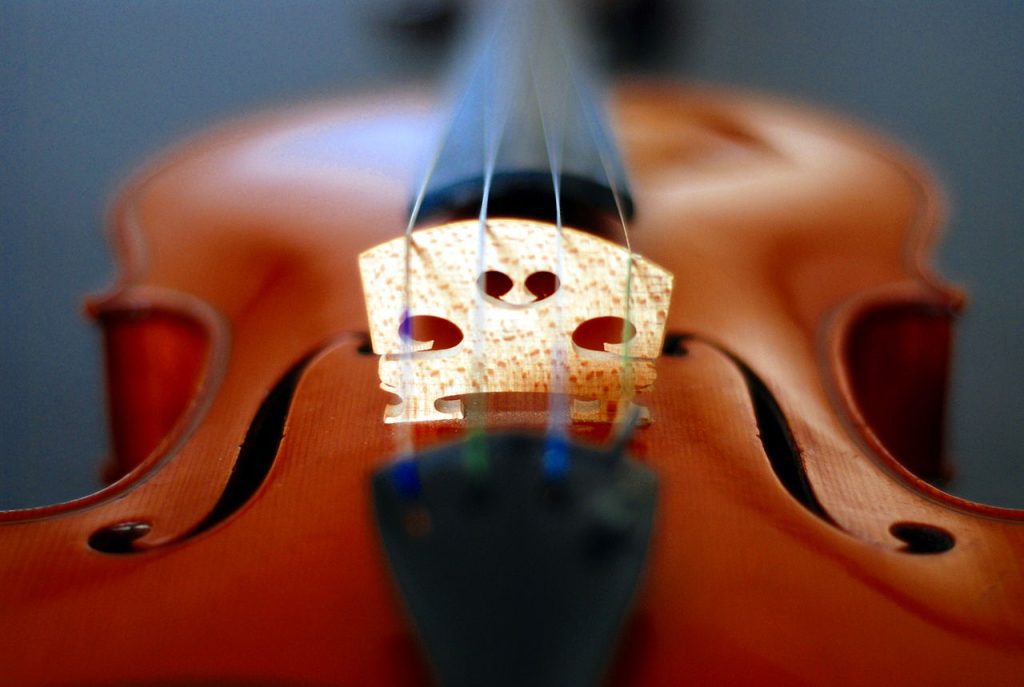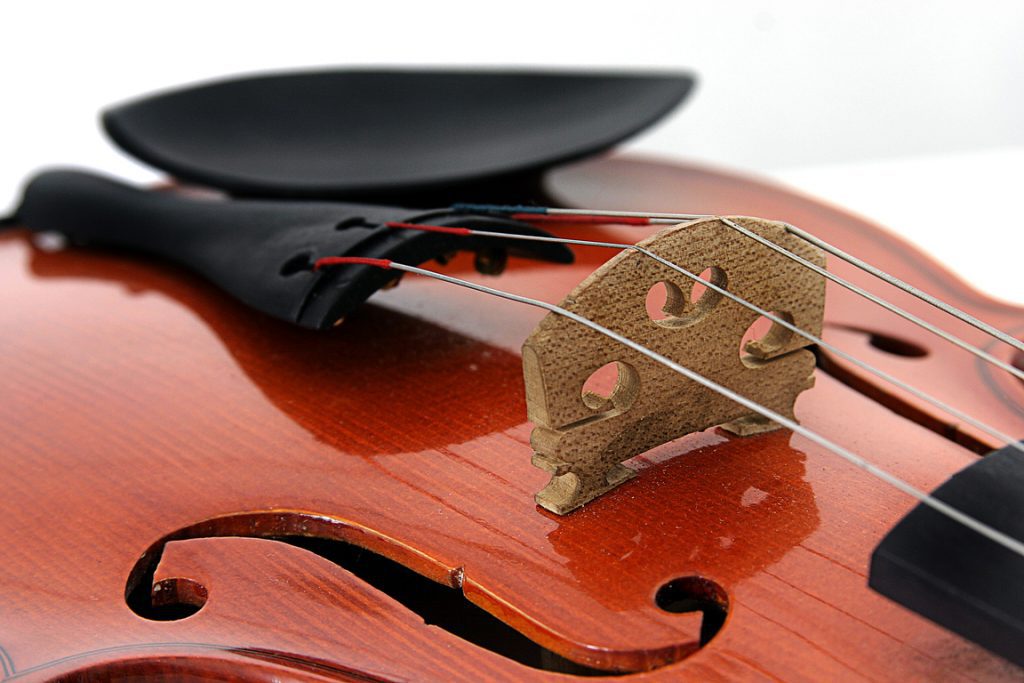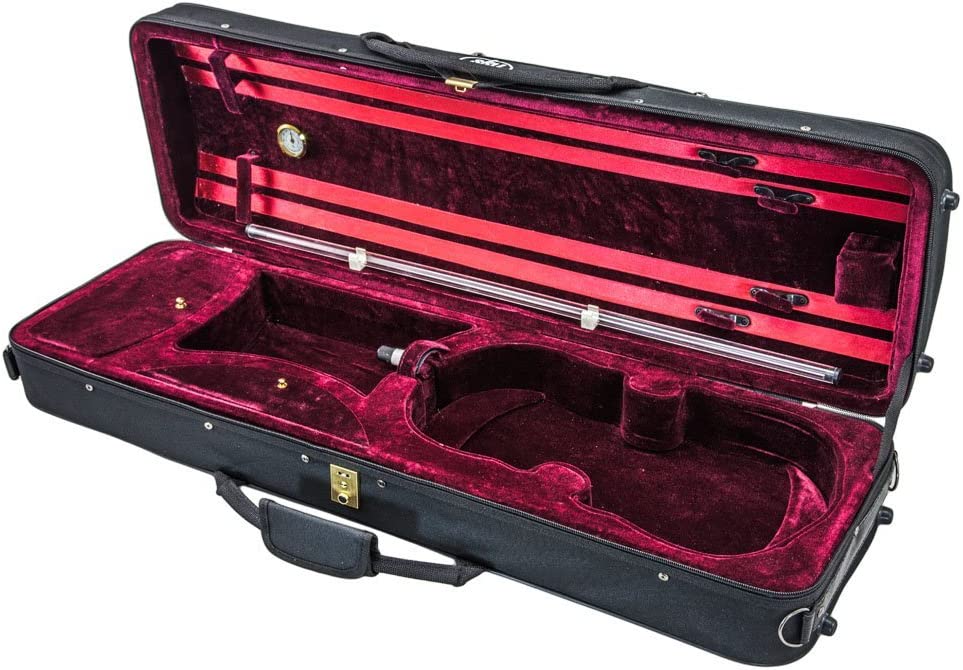A violin bridge is a small, but crucial component of the instrument. It is the wooden piece that sits between the tailpiece and the sound post. It plays a critical role in the sound production of the violin. The quality and design of the bridge can have a significant impact on the sound and playability of the violin.
Best Violin Bridges
Some of the best violin bridges on the market today include the Wittner Finetune, the Hill, and the Despiau. These bridges are known for their high quality, precise craftsmanship, and positive impact on the sound and playability of the violin. Here is a list of some bridges.
- Wittner Finetune: This bridge is known for its precision and fine-tuning capabilities, making it a popular choice among professional violinists.
- Hill: This bridge is made of high-quality maple and is known for its clarity, projection, and responsive playability.
- Evah Pirazzi Gold: This bridge is made of high-quality maple and is known for its rich and powerful sound.
- Jargar Superior: This ebony bridge is known for its warm and mellow sound, making it a great option for those looking for a more traditional sound.
- Dominant: This bridge is made of high-quality maple and is known for its clarity and projection.
- Pernambuco: This is an exclusive and expensive type of wood. It is known for its exceptional sound quality and is considered by many to be the best type of wood for a violin bridge.
- Obligato: This bridge is made of high-quality maple and is known for its flexibility and easy playability.
- Despiau: This bridge is known for its high-quality craftsmanship and positive impact on the sound and playability of the violin.
How to Select The Best Violin Bridge
Selecting the best violin bridge is essential for any violin player. The bridge is a small but crucial component of the instrument. It plays a vital role in sound production. When selecting the best bridge, it is crucial to consider factors such as material, shape, design, and craftsmanship. A well-crafted bridge that can improve the sound and playability of the violin. However, it is always recommended to try different types of bridges to find the best match for your violin and playing style. It is also worth consulting with a luthier or experienced violin teacher before making a final decision to ensure that the chosen bridge is the perfect match for your violin.
Material
The first is the material. Bridges are typically made of maple or ebony, and each has its own unique characteristics. Maple bridges are known for their clarity and brightness, while ebony bridges have a warmer, more mellow sound.
Design
Another important factor to consider is the shape and design of the bridge. Bridges come in various shapes and designs, and each can have a different impact on the sound of the violin. Some players prefer a traditional, classic shape while others prefer a more modern design.
Craftsmanship
Another factor to consider is the quality of craftsmanship. A well-crafted bridge that is precisely cut and fit to the violin can improve the sound and playability of the instrument. It is important to look for bridges that are made by experienced luthiers with a reputation for producing high-quality products.
Conclusion
In conclusion, selecting the best violin bridge is an important decision for any violin player. It is crucial to consider the material, shape, design, and craftsmanship when making your choice. The Wittner Finetune, Hill, and Despiau bridges are all excellent options for those looking for a high-quality, well-crafted bridge that can improve the sound and playability of their violin. It is also important to consult with a luthier or experienced violin teacher before making a final decision to make sure the bridge is the perfect match for the particular violin.



